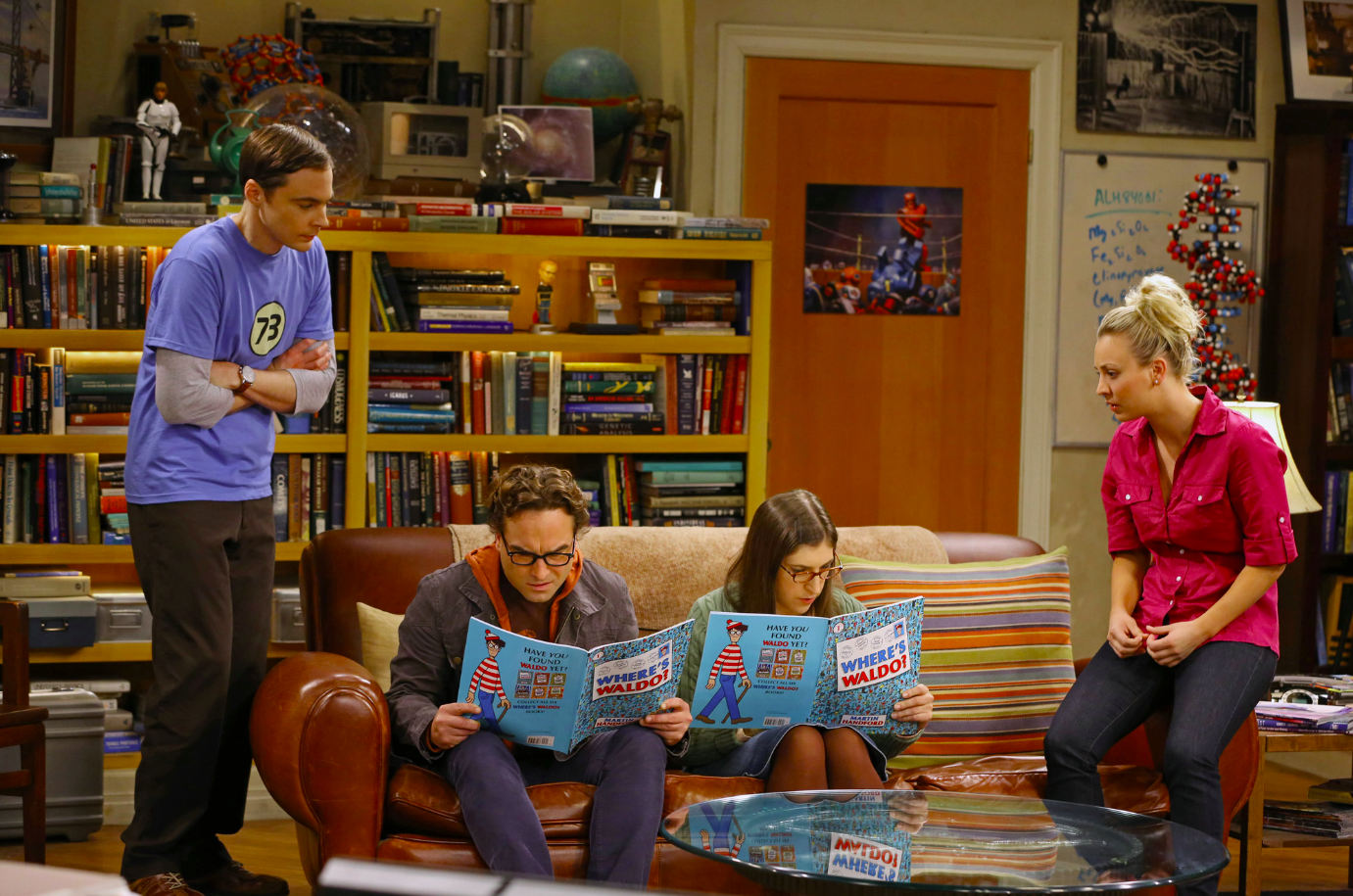
A Rare Outdoor Adventure
For a show largely confined to apartments, comic book stores, and university labs, The Big Bang Theory occasionally surprised viewers by taking its characters out of their comfort zones. One such moment happened during a memorable episode where the gang attended a pool party organized by a colleague from Caltech. The shimmering water, upbeat music, and throngs of strangers contrasted sharply with the group’s usual enclosed, nerd-centric universe.
At first glance, it seemed like a rare opportunity for carefree fun. But as the afternoon unfolded, the poolside setting exposed deeper layers of each character’s insecurities, fears, and social awkwardness — in a way that was both painfully hilarious and poignantly human.
The Uneasy Fish Out of Water
Leonard, usually the bravest among his friends when it came to social situations, found himself overwhelmed by the sheer number of attractive, confident partygoers. His insecurity about his appearance — never far from the surface — intensified. His awkward attempts at small talk were met with polite smiles and quick exits, reinforcing his self-doubt.
Howard, sporting his brightest, tightest swimwear, tried to overcompensate with bravado, telling exaggerated stories about his astronaut experience. Yet his transparent desperation for validation made him more of a spectacle than a standout, drawing sidelong glances and whispered giggles rather than admiration.
Raj, who was already paralyzed when speaking to women without alcohol, clutched a fruity cocktail as his lifeline. Emboldened by the drink, he launched into long, meandering monologues that left listeners bewildered and edging away.
Even Sheldon, dragged reluctantly to the event, couldn’t resist pointing out the numerous biological and hygienic hazards of communal swimming, earning himself plenty of eyerolls and the label of “buzzkill” from strangers and friends alike.
Penny and Amy: Two Sides of Confidence

Interestingly, it was Penny and Amy who best highlighted the show’s exploration of social dynamics during this scene. Penny, effortlessly charming as always, mingled easily, yet even she showed moments of self-consciousness. Being surrounded by a younger crowd, she occasionally glanced at her reflection with a fleeting trace of doubt about aging in a world obsessed with youth.
Amy, on the other hand, embraced the party with a surprising gusto. Though initially awkward, she blossomed as she participated in silly pool games and trivia contests, earning laughs and acceptance from strangers in a way she rarely experienced within the group’s rigid dynamics. It was a breakthrough for her — a glimpse of a world where she wasn’t just the “weird girl” but a vibrant, funny woman capable of charming a crowd on her own terms.
A Scene That Humanized Everyone
What made the pool party scene so effective was not just its humor — although there were plenty of pratfalls, awkward miscommunications, and one near-slapstick incident involving a cannonball gone wrong — but its tenderness. It reminded audiences that no matter how brilliant or eccentric someone is, moments of vulnerability unite us all.
The characters’ struggles at the party weren’t about their lack of muscles or fashion sense. They stemmed from deeper insecurities: fears of being invisible, of not being good enough, of being fundamentally unlovable. In stripping away their usual protective shells — lab coats, sarcasm, technical jargon — the pool party exposed their basic humanity.
Echoes That Lasted Beyond the Party
In the aftermath of the party, the group returned to their comfort zone with renewed bonds. They laughed at their own awkwardness, finding solace in the realization that their true belonging was with each other — not with the effortlessly cool crowd by the pool.
This episode, tucked away among flashier moments of the series, served as a quiet but essential reminder: The Big Bang Theory wasn’t just a show about scientists and nerd culture. It was about the universal quest for acceptance — from others, and more importantly, from ourselves.